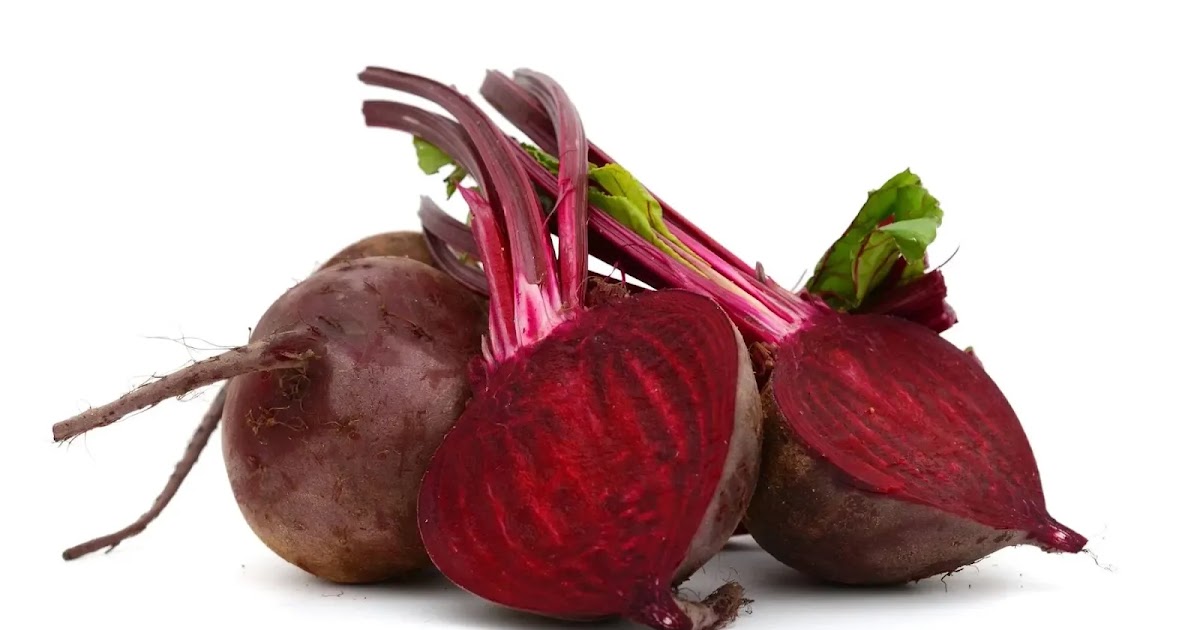Beetroot loss may have to be ignored, heavy on health, know who is making this common mistake.
Excessive intake of beet can put on liver, kidney and blood pressure direct effect.
Wrong time or empty pets can eat beetroot problems like gas, headache and allergies.
People are doing beetroot overdose in the process of increasing iron, causing chemistry of deteriorating body.
Doctors warning: “Every healthy thing is not right for everyone, caution is necessary.”
A big misunderstanding spread about beetroot
Whenever it comes to lack of blood in the body, people first take the name of beetroot. Especially women and young began to take beetroot as juice or salad regularly. But do you know that beet disadvantages are not less? Actually, what is considered beneficial for health, if taken in the wrong way or excessive amounts, then poison can be made for the body.
Beet does not increase blood, but can increase the risk
1. Correct understanding of iron is necessary
People believe that beetroot is rich in iron and its intake removes anemia i.e. anemia. But the truth is that the amount of iron present in beetroot is limited and that too is not easily absorbed in the body. Instead, iron taken with green leafy vegetables and citrus fruits affects more.
2. Oxlet increases with overdose
Beetroot is high in oxalate, which can go into the body and create kidney stone (stones) with calcium. If you are regularly consuming a large amount of beetroot, then it can have a direct effect on the kidney.
Beet disadvantage: Experts warning
1. Dangerous for low blood pressure people
If you are already struggling with the problem of low blood pressure then beetroot can be dangerous for you. It naturally reduces blood pressure, causing head rotating, weakness and even unconsciousness.
2. Liver also affects the liver
There is excess of nitrate in beetroot, which the liver has to process. More nitrates can affect the efficiency of the liver and can cause problems like liver inflammation.
3. Do not be afraid to change color, but be cautious
Excessive intake of beetroot can make urine or stool color pink or red. Although this is not dangerous, it may be afraid and repeatedly may be like ignoring the symptoms.
When and how to eat beetroot?
1. Consumption in limited quantity
Experts believe that 1/2 cup beet or its juice in a day is sufficient. Consuming it in large quantities increases the chances of beet loss.
2. Do not eat on an empty stomach in the morning
Empty in the morning, beet beetroot can cause problems like gas, indigestion and flatulence. It is better to take it with or after the day.
3. Special vigilance to pregnant women
Pregnant women may be likely to decline in allergies or blood pressure from beet nitrates. In such a situation, do not consume it without the advice of the doctor.
How to avoid the loss of beetroot? Boil beetroot and eat so that the amount of oxalate is reduced to some extent.
Eat as a salad instead of juice so that the fiber can also be found and the body remains balanced.
If there is a problem of kidney stone, low BP or liver, consult a doctor first.
While giving beetroot to children and the elderly, pay special attention to the quantity.
Instead of consuming every day, take it only 2-3 times a week.
Beetroot also has benefits, but balance is important
It is also true that beet contains folic acid, fiber, vitamin C and antioxidants, which provide many benefits to the body. But if you are taking it in overdose daily, considering it as “blood -enhancing vegetables”, then it is like inviting beetroot loss.
Information is rescue
Everything is affected only when its right time, quantity and method are adopted. Beet disadvantage is a warning to those who are taking it daily without thinking. The purpose of this article is not to intimidate, but to make them aware. Next time you include beetroot in salad or make juice, then definitely think what you are giving to your body – profit or disadvantage?
